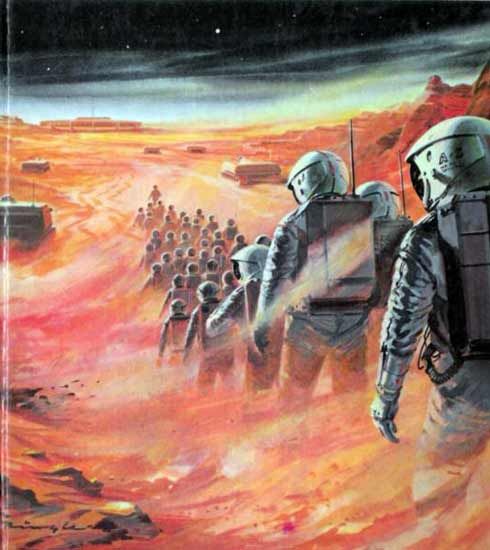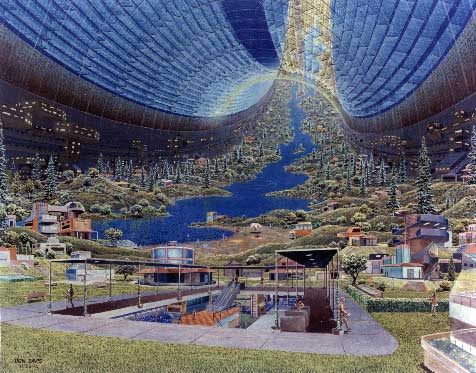America has a sadly long record of sending people off to die, often for poor and misguided reasons. Dispatching space pioneers to breathe their last on Mars would not be among those wrong-minded decisions, according to the dancingest and most-complex Apollo astronaut, Buzz Aldrin. The United States was conquered (well, stolen) by settlers who never went home, and Manifest Destiny migrants usually had no return ticket as they marched off into parts unknown.
From Jonathan O’Callaghan at IFLScience!:
“We will colonize Mars,” Aldrin told IFLScience, confidently. “I wrote this book, Welcome to Mars, to inspire the young people, because they will be the ones who will carry out these missions to Mars, perhaps participating in them. Maybe they’ll become a violinist, a lawyer, an engineer, or a fighter pilot if they’re lucky. Or maybe they’ll become a crew member trained by world resources, billions and billions of dollars, to go into the preparation of human beings to be selected and trained, hopefully willing to commit themselves to be pioneers, to be settlers [on Mars].”
Aldrin sees Mars as the logical next step to advancing America’s influence in space. “We have to rethink the requirements for being great in space, as a nation,” he said, “that will give America a further lasting heritage legacy in history books. And I want to be part of the planning for it.” He noted, though, that he hopes it is an international endeavor that includes nations such as China. …
He admits, though, that the idea of sending people to live out the rest of their lives on Mars might not sit well with some members of the public. “That’s not what a lot of people think the future ought to be, that the U.S. government should not commit to one-way trips,” he said.
“‘The U.S. government will never agree to send people to die on Mars,’ they say. “Well, come on. Think of history. Think of the opportunities that exist for young people in the future to become historic pioneers. Pilgrims on the Mayflower didn’t make it around Plymouth Rock for the return trip, they came here to settle America. And a lot of them lost their lives, but they pioneered what we have today. And as a military man among many, I pioneered the things that have kept our nation vibrant and alive, and optimistic. We need to instill optimism and excitement, for our children.”•


